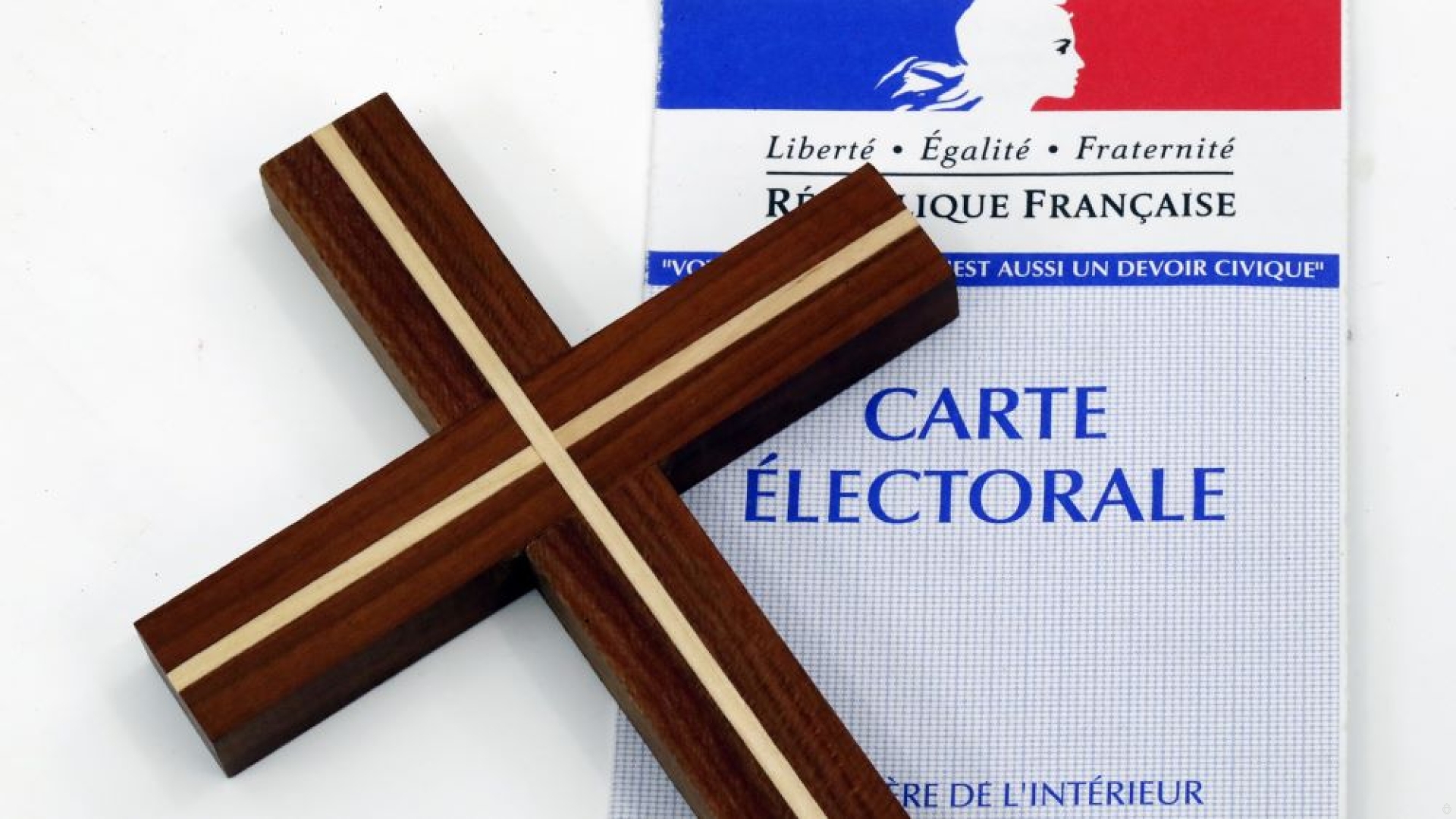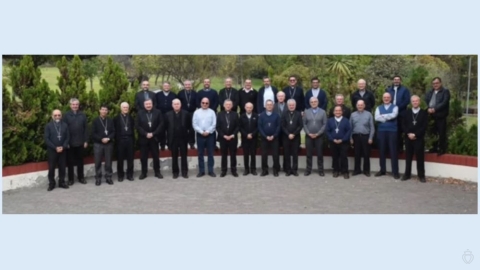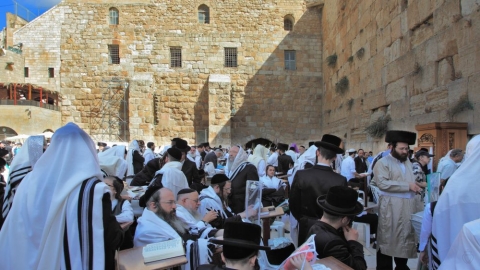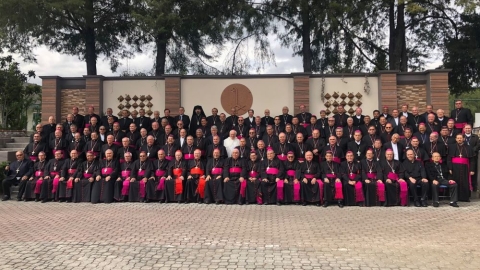Legislative Elections: The Embarrassment of the French Bishops

On the eve of the first round of the legislative elections anticipated in France on June 30, the bishops of France gave up on formulating a common position, limiting themselves to the drafting of a prayer which must be read from the pulpit. The reason: the large proportion of practicing Catholics who added their votes to Jordan Bardella’s list [the French right-wing National Rally party] in the last election.
At the convent church of Saint-François in Cholet (Maine-et-Loire, France), the parishioners disperse after Sunday Mass. Questioned by Benoît Floc’h for Le Monde, a doctor lingering on the square confides that he “is not upset” about giving his vote to the National Rally (RN) party in the next legislative elections which will be held in France on June 30 and July 7, 2024.
“I have Catholic patients who voted RN for the first time, even though they were Macronists,” the practitioner adds, as if to justify himself to a media with little suspicion of political affinity with the right.
An unsurprising choice: in the European elections on June 9, the RN took the lead in the commune, with 27.1% of the votes, ahead of Renaissance (21.2%). “Less than at the national level, certainly, but in Cholet, this is a political earthquake,” Le Monde comments. Furthermore, an IFOP study carried out after the last European election even tends to show that 28% of practicing Catholics voted for the RN.
This is enough to plunge the rue de Breteuil—the seat of the Bishops’ Conference of France (CEF)—into gloom tinged with perplexity: the governing body of the CEF has thus not managed to agree on a common attitude in preparation for the first round of legislative elections, Le Figaro notes.
It is indeed difficult to once again call to “block” a national-conservative party, while the presidential majority continues a series of projects of societal reforms that go against Catholic morality and natural law, and a growing number of faithful no longer feel in sync with the progressivism displayed by at least part of its hierarchy.
“On Thursday, June 20, the Permanent Council of the CEF published a prayer for the faithful [...] to be relayed in parish bulletins and read during Masses,” according to La Croix. It “is accompanied by a text which does not venture into political territory and gives still less voting instruction,” the newspaper continues. It limits itself to mentioning “social unrest” and a “worried, distressed, divided society.”
Glimpsing the social unrest which could occur the day after June 30, the members of the Permanent Council of the CEF invite the faithful to calm: “Whatever our choice of vote may have been, we are all French, we will still and always respect our fellow citizens who have different opinions than our own and work together for the continuity and improvement of our common social life,” they write.
“Tomorrow,” they conclude, “each must always concern himself with those who are not as well off as himself.” “Tomorrow,” they conclude, “everyone must still concern himself with those less fortunate.” A reflection which must certainly always be present in the charity of Catholics. But it must be admitted that a good number of French Catholics can today say that their lives are hardly shining in a country which is sinking in almost all areas, while Catholic life has been anesthetized by the Second Vatican Council and risks sinking with synodality.
(Sources : Le Monde/Le Figaro/La Croix – FSSPX.Actualités)
Illustration : Photo 278716587 © Pascal Deloche | Dreamstime.com





